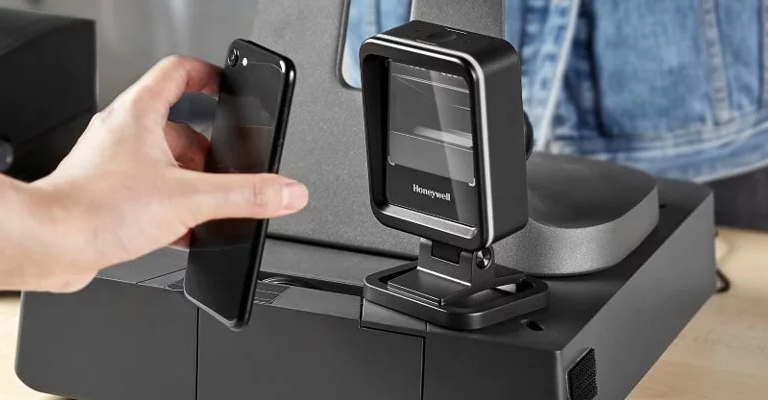27
Jun
The Ultimate Guide to Barcode Scanners: What They Are, How They Work, and Why Your Business Needs One

In today’s fast-paced digital world, barcode scanners have become essential tools for businesses of all sizes. Whether you run a retail store, manage inventory in a warehouse, or operate a healthcare facility, barcode scanning technology can improve efficiency, accuracy, and customer satisfaction.
In this blog post, we’ll explore everything you need to know about barcode scanners—from how they work, the different types available, and the key benefits for your business.
What Is a Barcode Scanner?
A barcode scanner is an electronic device that reads and interprets barcodes. These scanners capture data embedded in barcode symbols—typically found on product packaging—and convert it into readable information that can be processed by a computer system.
Most barcode scanners work using a laser, CCD (charge-coupled device), or camera-based imaging to read the code. They are commonly used in retail, logistics, healthcare, and manufacturing industries.
Types of Barcode Scanners
Choosing the right type of barcode scanner depends on your business needs. Here are the most common types:
1. Handheld Barcode Scanners
These are the most widely used and are ideal for retail and inventory tasks. They’re easy to operate and can be corded or cordless.
2. Wireless Barcode Scanners
Perfect for mobility, these scanners use Bluetooth or Wi-Fi to transmit data and are excellent for warehouse or logistics environments.
3. 2D Barcode Scanners
Capable of reading both 1D and 2D barcodes (like QR codes), these scanners are commonly used in healthcare and ticketing.
4. Presentation Barcode Scanners
Often used at checkout counters, these stationary scanners allow for hands-free scanning.
5. Industrial Barcode Scanners
Designed for rugged environments, these scanners are built to withstand dust, drops, and harsh conditions—ideal for manufacturing and distribution centers.
Benefits of Using Barcode Scanners
Implementing barcode scanners in your operations brings a wide range of benefits:
- Increased Speed: Scanning barcodes is faster than manual data entry.
- Enhanced Accuracy: Reduces human errors, especially in inventory management.
- Cost-Effective: Minimizes labor costs and improves operational efficiency.
- Real-Time Data: Provides instant updates on inventory levels and sales data.
- Improved Customer Experience: Faster checkouts and better stock availability.
How to Choose the Right Barcode Scanner
When selecting a barcode scanner, consider the following:
- Environment: Will it be used in a retail store or a rugged warehouse?
- Scanning Range: Do you need short-range or long-range scanning?
- Barcode Types: Will you scan 1D, 2D, or both?
- Connectivity: Choose between USB, Bluetooth, or wireless options.
- Volume of Use: Consider how frequently the scanner will be used.
Barcode Scanners and Modern Business Operations
As businesses grow and customer expectations increase, the need for reliable and efficient data capture solutions becomes critical. Barcode scanners not only streamline operations but also help in maintaining accurate records, forecasting demand, and improving overall productivity.
Whether you’re upgrading your POS system or enhancing warehouse management, barcode scanners are a wise investment that pays off in the long term.
